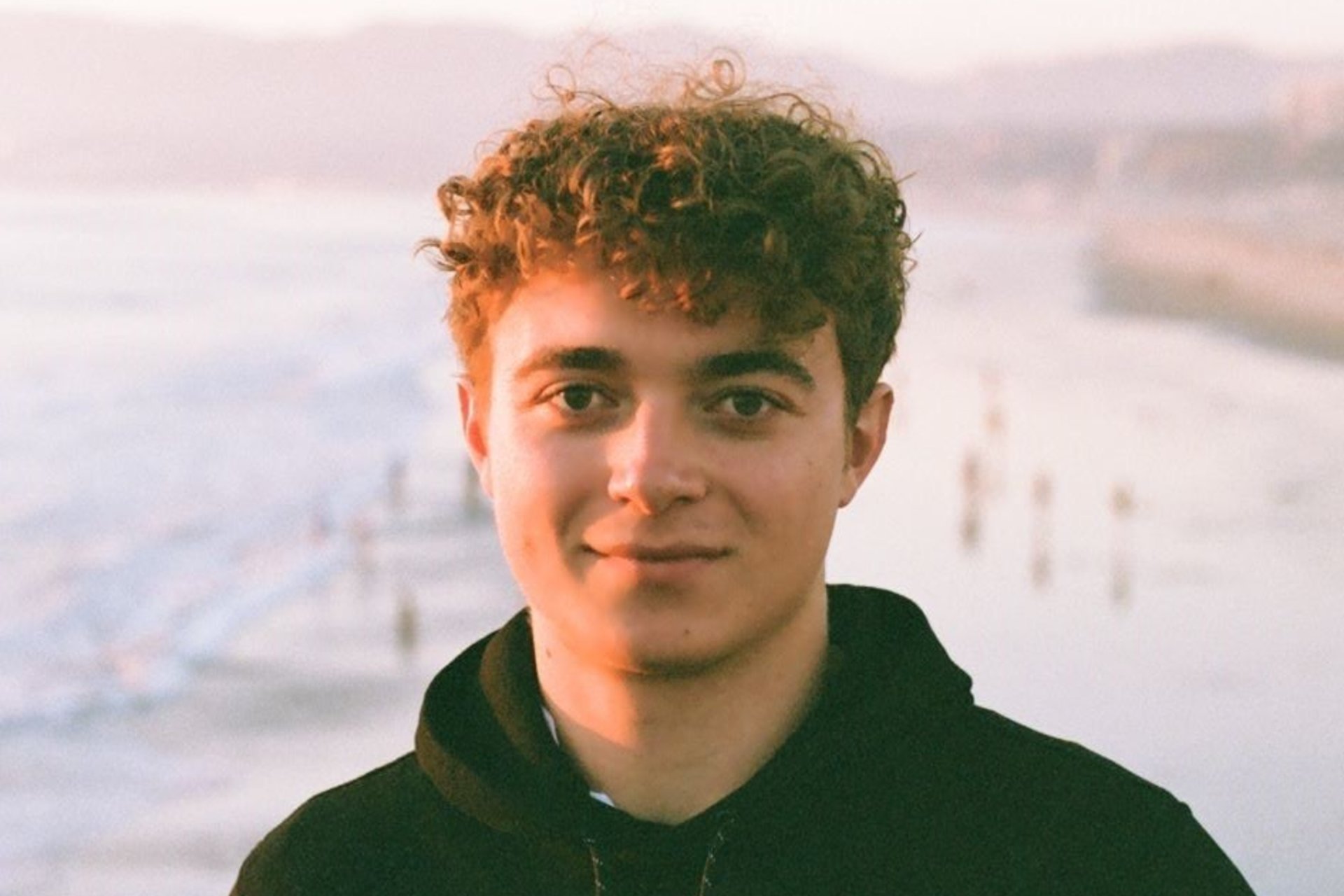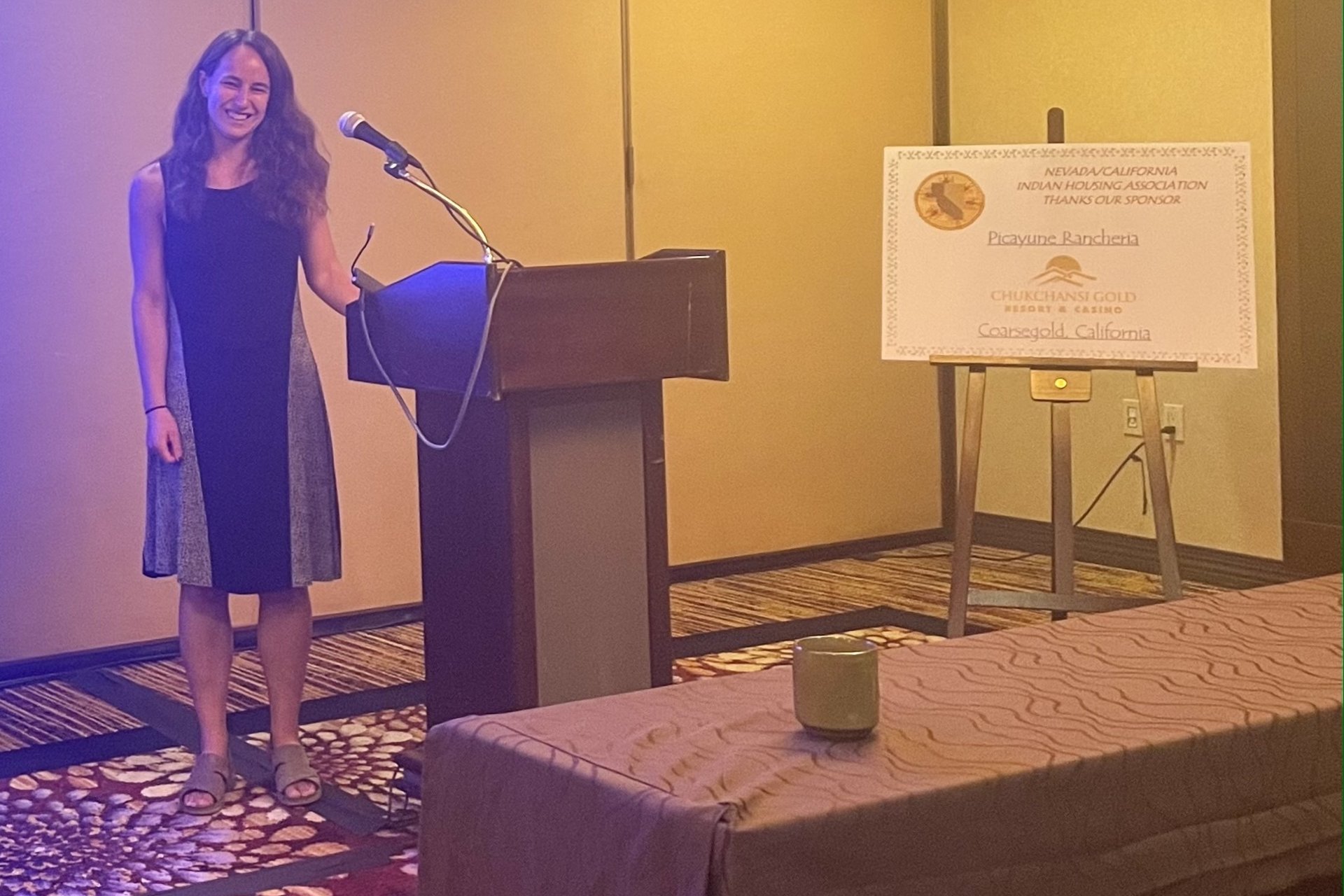Investigating Forward Bilateral Contracting in the Wholesale Electricity Market at the Western Interstate Energy Board
Alan Zenagui, MS ‘24, Civil & Environmental Engineering
Atmosphere/Energy ProgramGraduate Fellow
Western Interstate Energy Board (WIEB)

This summer, I have been working at the Western Interstate Energy Board (WIEB). The WIEB is an organization consisting of 11 U.S. Western States and 2 Canadian Provinces, facilitating collaboration among them on various energy-related issues and assisting in the development and implementation of energy policies and regulations that benefit the region.
Partnering with Jack Rehnborg, my project focused on forward bilateral contracting practices in the West. Indeed, electric utilities in the region can trade power on the wholesale market to meet their load in the most cost-effective way possible. However, the region is experiencing deep changes in both its power generation and demand: on one side renewable energy penetration is increasing and greenhouse gas emitting resources are retiring, and on the other side load is increasing due to population growth, electrification of energy needs (transportation, heating…) and climate change (increased use of A/C in the summer…). Hence, there are tremendous challenges ahead, putting at risk reliability and affordability: there are fewer and fewer dispatchable resources available, and transmission capacity is more and more constrained. These changes impact the market, and the way utilities procure power.
As a result, our goal has been to report to regulators and policymakers on these changes, and to provide recommendations that would benefit all market participants. To do so, we interviewed the trading personnel of 18 utilities across the region on current evolutions of the market, mainly regarding power procurement, gas and power hedging, risk management and the type of contracts used by utilities in their trades.
The biggest impact of this internship on me is that it deepened my understanding of U.S. electricity markets: working on it for 10 weeks really immersed me into it. By its role of advising western states, the WIEB is of course at the forefront of the challenges that the industry is facing, and attending meetings of different WIEB committees has been a sure way to get exposed to the latest developments in western power markets. In particular, the project we have been working on has been the perfect way to deep dive into how western utilities procure power.
By getting me more familiar with western power markets, this internship developed my interest toward this topic highly fascinating that mixes economics, policy, and physics. The region is experiencing massive challenges and will have to move at an unprecedented pace to meet expectations. This will require qualified policymakers, traders and consultants with a broad skillset and knowledge of the industry.
Hence, working on this exciting and challenging topic has grown my willingness to join the industry and to take part in this quest! I am sure that the knowledge I gained through this internship would be key to starting a career in the sector. In the short-term, I will put an emphasis on power market courses for my second year at Stanford to continue learning more on that topic.



